Holistic Therapy
Recreational Therapy for Recovery

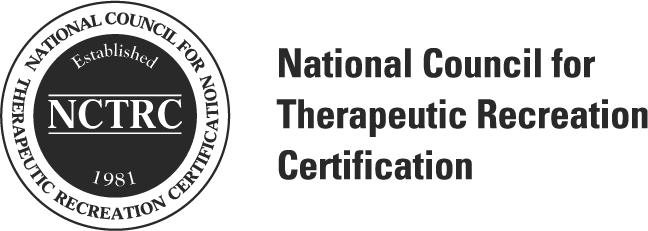

What Is Recreational Therapy?
Recreational therapy blends physical activity, creative expression, and social connection to support recovery. It’s not just “something extra to do”—it’s an evidence-based approach that lowers stress, improves mood, and strengthens both physical and mental health.
- Yoga and meditation to calm your nervous system and increase focus
- Fitness and nutrition coaching to improve energy, sleep, and physical health
- Music and art sessions to express emotions that are hard to put into words
- Board and video games to build connection, laughter, and teamwork in safe, sober ways
Gentle movement, balanced nutrition, and creative outlets help reduce stress, improve sleep, and boost mood. Many people notice they feel lighter, clearer, and more energized after just a few sessions.
Recreational therapy teaches practical, repeatable skills—like using meditation before bed, taking a short walk during cravings, or channeling emotions through art or music. These tools are simple to practice in everyday life.
Social activities and group experiences build trust, encourage laughter, and remind you that recovery doesn’t mean losing fun—it means finding new ways to enjoy it. Each success builds confidence in your ability to handle challenges outside treatment.
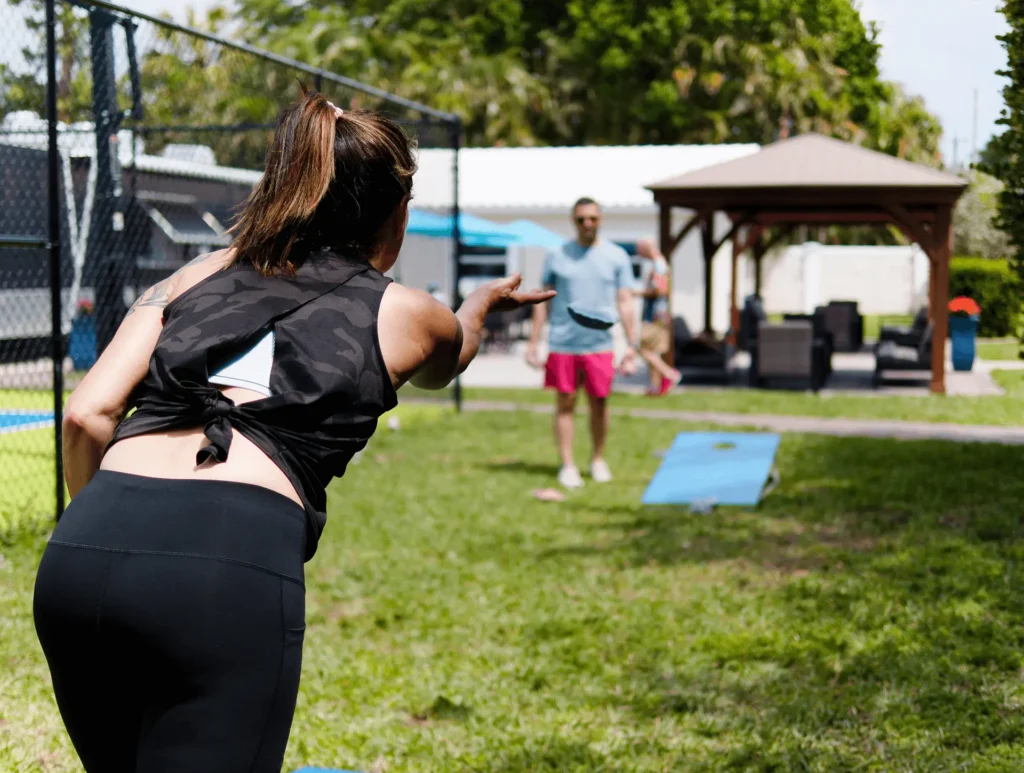
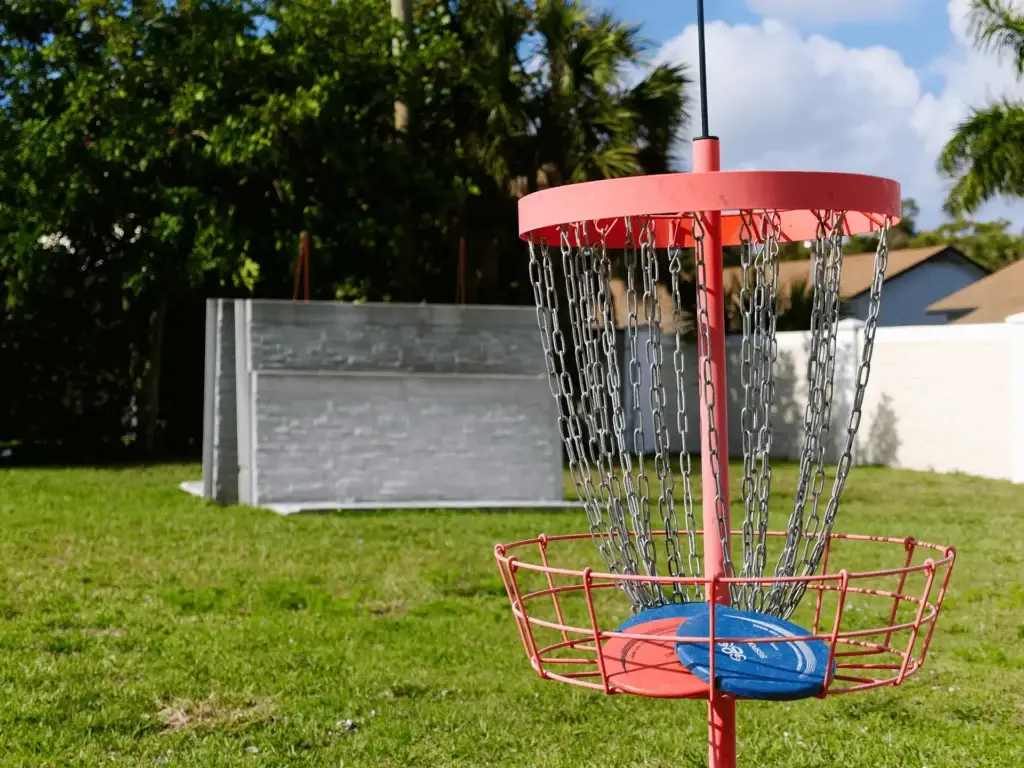
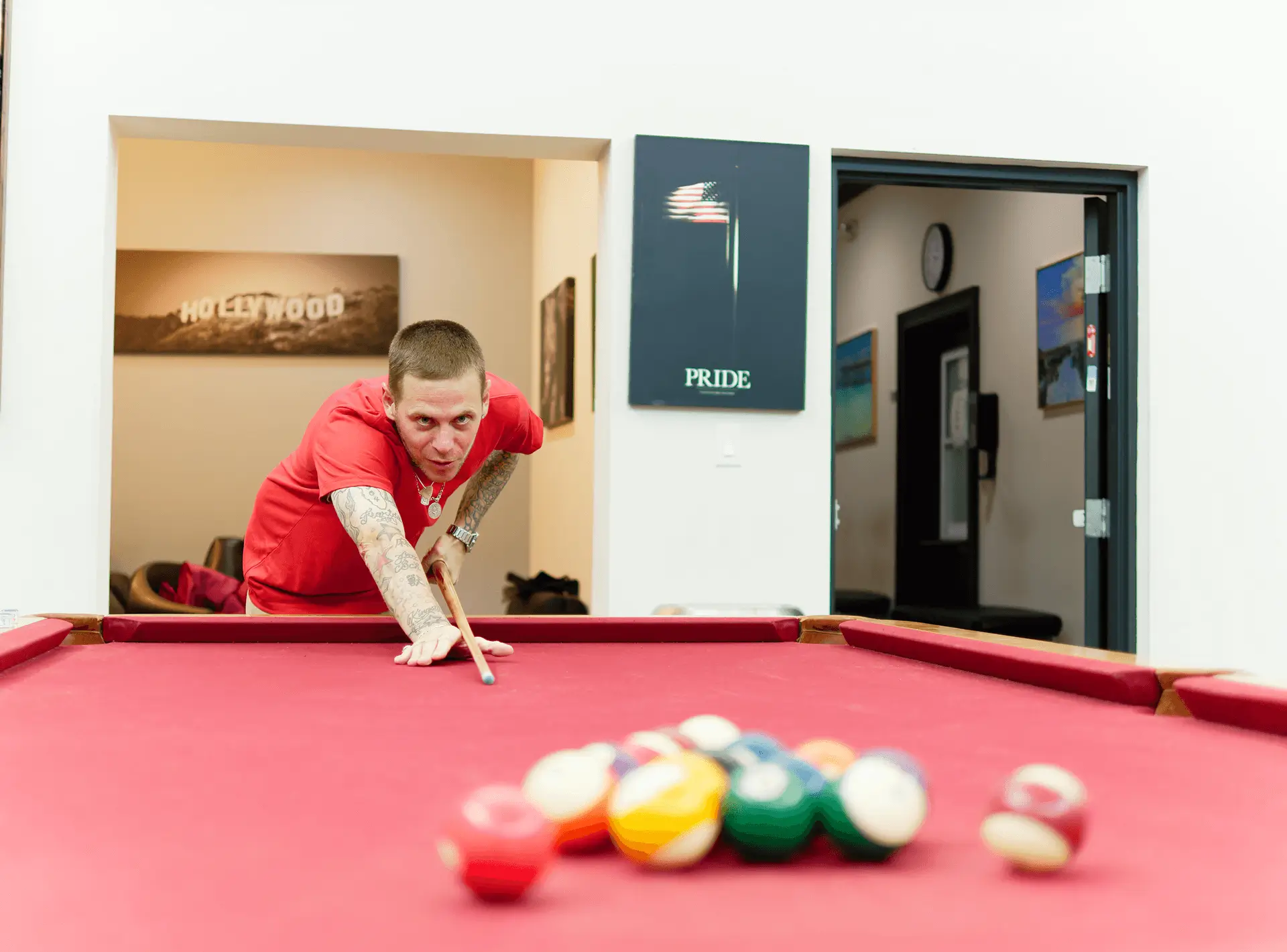

How Recreational Therapy Works
Start with Your Needs
You’ll share what feels most important right now—better sleep, more energy, stress relief, or reconnecting with others. Your therapist or activity leader tailors your plan based on those goals.
Choose the Right Activity
Sessions may include yoga, meditation, guided fitness, music, art, or group games. You decide what feels comfortable, and there’s no pressure to perform—every activity is about support, not perfection.
Practice in a Safe Space
Activities take place in calm, private environments—whether that’s a yoga room, gym, art studio, or group lounge. Staff are trained to adapt each activity to your pace and comfort level.
Learn Real-Life Tools
Every activity has a takeaway: a breathing exercise you can use before bed, a stretching routine for stressful mornings, or a short playlist to manage cravings. These tools are meant to follow you home.
Reflect and Adjust
After each session, you check in with staff about what felt helpful. Your plan is adjusted so you continue building skills that actually fit your life.
Our Recreational Therapy Staff
Recreational Therapy at The Haven Detox is led by licensed therapists, certified trainers, and creative specialists who understand recovery. Our staff includes yoga instructors, nutrition professionals, fitness trainers, and therapists trained in music and art therapy. Their goal is simple: to give you safe, encouraging ways to move, create, and connect—while coordinating with your larger treatment team so everything works together.
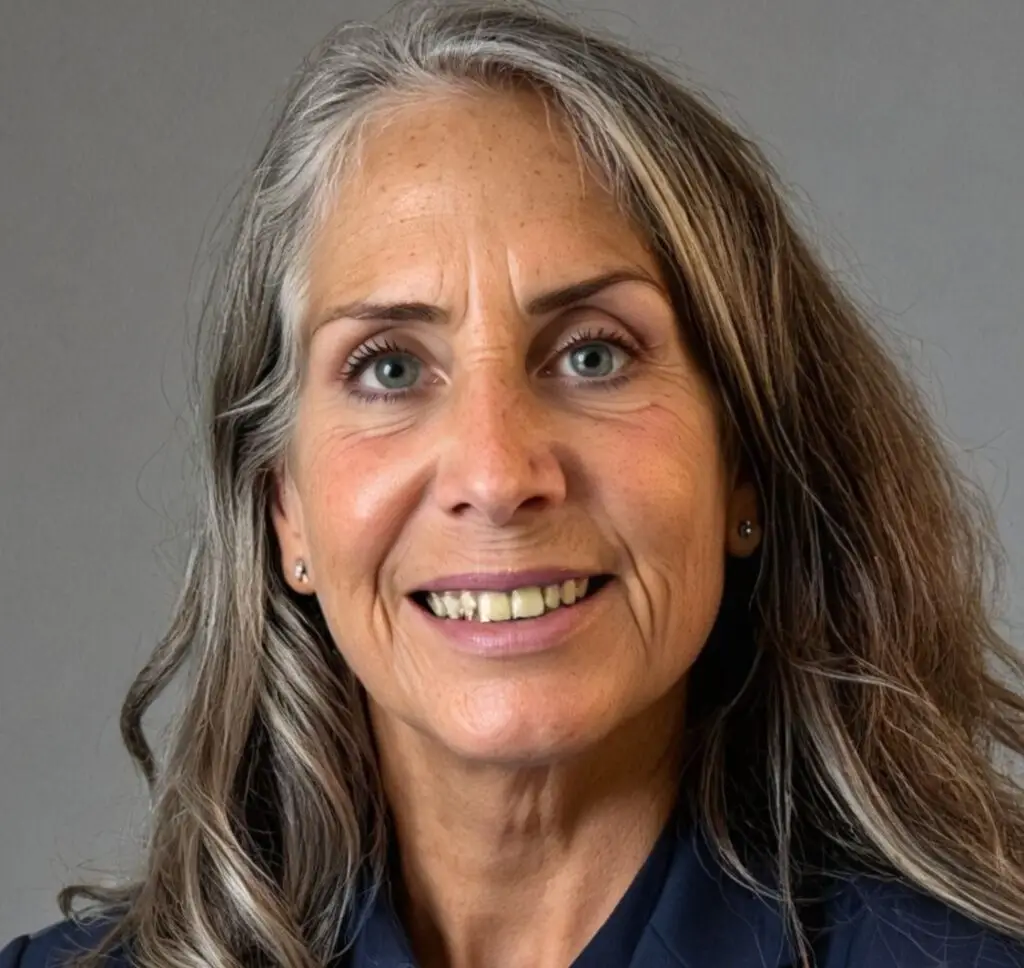
Yoga Instructor and Lead Client Care Liaison
- Nationally Accredited Peer Recovery
- 14+ years of experience
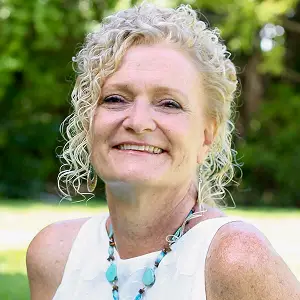
Art Therapist, ATR
- Life Coaching and Addiction
- 36+ years of experience
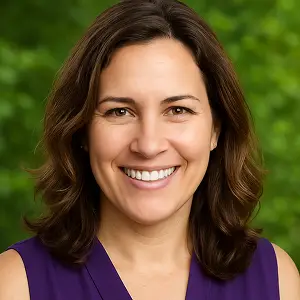
Reiki Master
- Meditation and Self-Healing
- 14+ years of experience
Conditions Recreational Therapy Can Help With
Anxiety and Stress
Calming activities like yoga, meditation, and music therapy help regulate your nervous system and reduce tension.
Depression and Low Motivation
Addresses cravings and high-risk thinking patterns, teaching practical strategies to manage stress and avoid triggers without using.
Substance Use and Cravings
Physical activity and structured play offer safe alternatives to substance use, helping you manage urges and stay engaged.
Trauma and Emotional Regulation
Art, music, and guided movement provide safe ways to process emotions without overwhelming you, helping you feel more in control.
Sleep and Energy Issues
Nutrition guidance, gentle evening movement, and meditation techniques support better rest and improved daytime energy.
Spaces for Connection and Recovery
Recovery thrives in spaces that feel safe, welcoming, and engaging. At The Haven Detox, recreational therapy takes place in thoughtfully designed environments that encourage both relaxation and connection.
Relieve Stress with Physical Activity
Locations Offering Recreational Therapy

The Haven Detox - New Jersey
Space Available
Insurance Accepted
Recreational Therapy Offered

The Haven Detox - New England
Space Available
Insurance Accepted
Recreational Therapy Offered

The Haven Detox - Puerto Rico
Space Available
Insurance Accepted
Recreational Therapy Offered

The Haven Detox - Arizona
Space Available
Insurance Accepted

The Haven Detox - Little Rock
Space Available
Insurance Accepted

The Haven Detox - West Memphis
Space Available
Insurance Accepted

The Haven Detox - Florida
Space Available
Insurance Accepted
Recreational Therapy Success Stories
Real people who find healing through Recreational Therapy at The Haven Detox.
Carly T.
I have had such an incredible experience at the Haven. They especially do fun activities with clients/patients. Unforgettable leaders that have given me the tools I need to stay strong and sober.
Nicholas G.
Nicole R.
Insurance Coverage for Recreational Therapy
Frequently Asked Questions About Recreational Therapy
Do I need to be fit or creative to participate?
How often do sessions happen?
Is recreational therapy just “fun activities”?
Can I choose which activities to join?
How soon will I notice benefits?
Does insurance cover recreational therapy?
Is recreational therapy evidence-based?
How is recreational therapy different from regular activities?
Can recreational therapy help if I’m in detox?
Yes. Activities are adapted for people in early recovery. That might mean gentle stretching, guided meditation, or light games that don’t overwhelm your body or mind. Everything is designed to fit your energy level and medical needs.
What if I don’t like group activities?
Do I need special skills or experience?
Not at all. You don’t need to be athletic, artistic, or “good” at anything. The point is to try safe, enjoyable activities that support your recovery, not to perform or achieve.
How does recreational therapy help with cravings?
Activities like walking, stretching, or even quick games give your body a healthy outlet and shift your focus. Over time, your brain learns to pair urges with new, positive responses.
Will recreational therapy replace counseling or medical care?
No. It works alongside counseling, group therapy, and medical treatment. Recreational therapy adds tools for everyday life, while your core care plan addresses the medical and emotional sides of recovery.
How long do the benefits last?
Can recreational therapy improve sleep?
Related Treatment Options
Have Questions? Let’s Talk!
Call the free 24/7 helpline to get answers and a plan for treatment that’s best for your specific medical and insurance situation — even if it’s not with us.
24/7 Support
Need someone to talk to? We’re always here—day or night.
No Commitment
Ask questions, get guidance—no pressure, no obligation.
100% Private
Your story stays with us. Confidential support, always.

